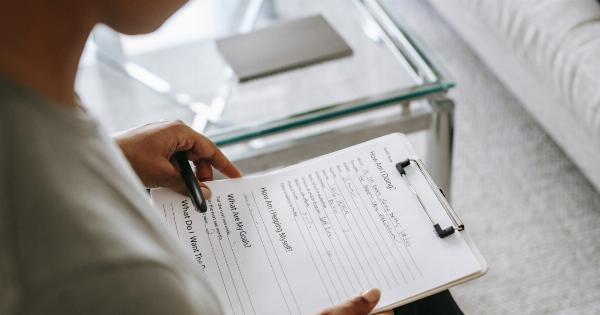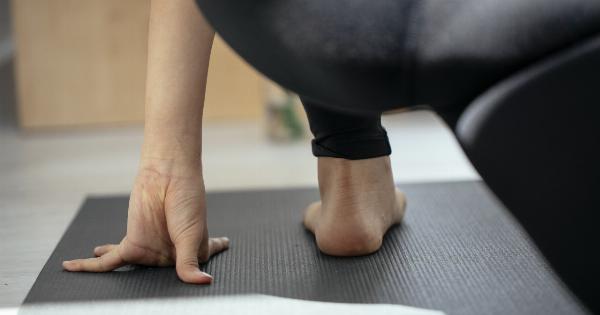Sneezing is a natural reflex that plays an important role in our body’s defence system. It can help to expel irritants, viruses and bacteria from our respiratory tract, preventing them from causing infections.
Therefore, it is important to allow the body to sneeze when necessary, rather than suppressing it.
How Does Sneezing Work?
Sneezing is a reflex action triggered by the irritation of the sensory nerves in the lining of the nose.
When this happens, the brain sends a signal to the muscles in the chest, throat and face, causing them to contract forcefully and exhale sharply, expelling air and any irritants in the process.
The sneeze reflex is extremely fast, and it can expel air from the nose at speeds of up to 100 miles per hour.
This forceful expulsion of air can help to clear the nasal passages, expelling irritants and unwanted particles, such as dust, pollen and bacteria.
The Benefits of Allowing the Body to Sneeze
Allowing the body to sneeze when necessary can have many benefits:.
1. Prevents the Spread of Viruses and Bacteria: Sneezing helps to expel viruses and bacteria from the respiratory tract, preventing them from causing infections.
When you sneeze, you also create a barrier of droplets that can help to protect those around you from infection.
2. Relieves Nasal Congestion: Sneezing can help to relieve nasal congestion by clearing the nasal passages of irritants and excess mucus.
3. Reduces Allergy Symptoms: Sneezing can also help to reduce allergy symptoms by expelling allergens from the nasal passages. This can help to alleviate symptoms such as itching, sneezing and a runny nose.
4. Improves Breathing: When the nose is congested, it can be difficult to breathe. Sneezing can help to clear the nasal passages, improving breathing and reducing the risk of respiratory infections.
The Dangers of Suppressing Sneezes
Suppressing sneezes can be dangerous and can lead to a range of health problems, including:.
1. Sinus Infections: Suppressing sneezes can cause mucus to become trapped in the sinuses, leading to sinus infections and other respiratory problems.
2. Ear Infections: When you suppress a sneeze, the pressure that builds up in your head can cause damage to your ears and lead to infections.
3. Eye Injuries: Suppressing sneezes can also cause pressure to build up in the eyes, which can lead to eye injuries, such as burst blood vessels or detached retinas.
Tips for Allowing the Body to Sneeze
If you feel a sneeze coming on, it is important to allow the body to sneeze. Here are some tips:.
1. Use a Tissue: If you are in public, use a tissue to cover your mouth and nose when you sneeze. This can help to prevent the spread of germs.
2. Wash Your Hands: After sneezing, be sure to wash your hands thoroughly to prevent the spread of germs.
3. Avoid Suppressing Sneezes: Avoid suppressing sneezes, as this can lead to health problems.
4. Seek Medical Help: If you are experiencing persistent sneezing or other respiratory problems, seek medical help to determine the cause and treatment.
Conclusion
Sneezing is an important reflex that helps to protect our respiratory system from infections.
Allowing the body to sneeze when necessary can have many benefits, including preventing the spread of germs, relieving nasal congestion, reducing allergy symptoms and improving breathing. Suppressing sneezes can be dangerous and can lead to a range of health problems, so it is important to allow the body to sneeze when necessary.































